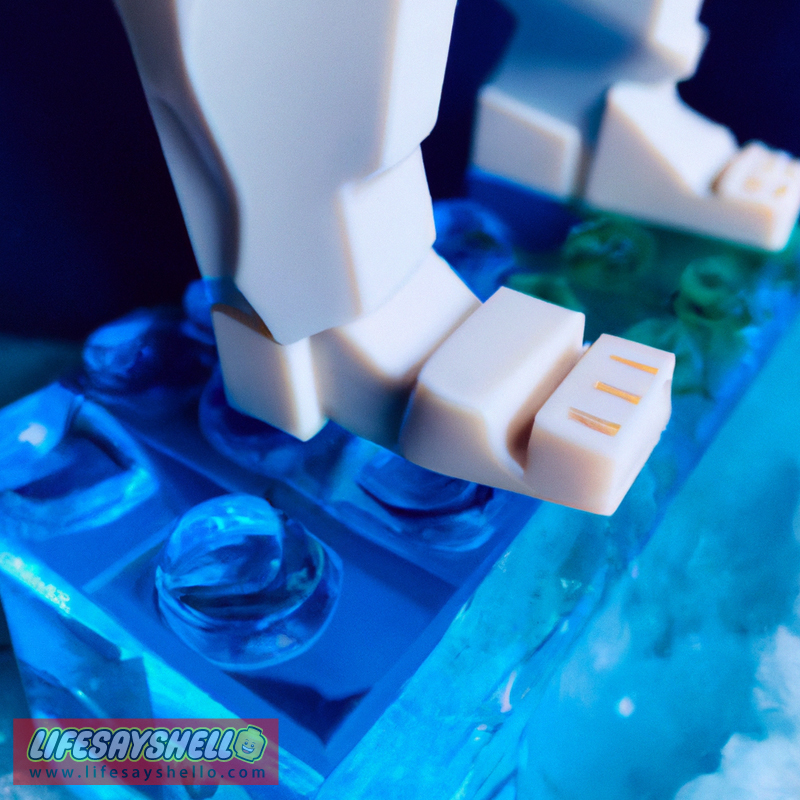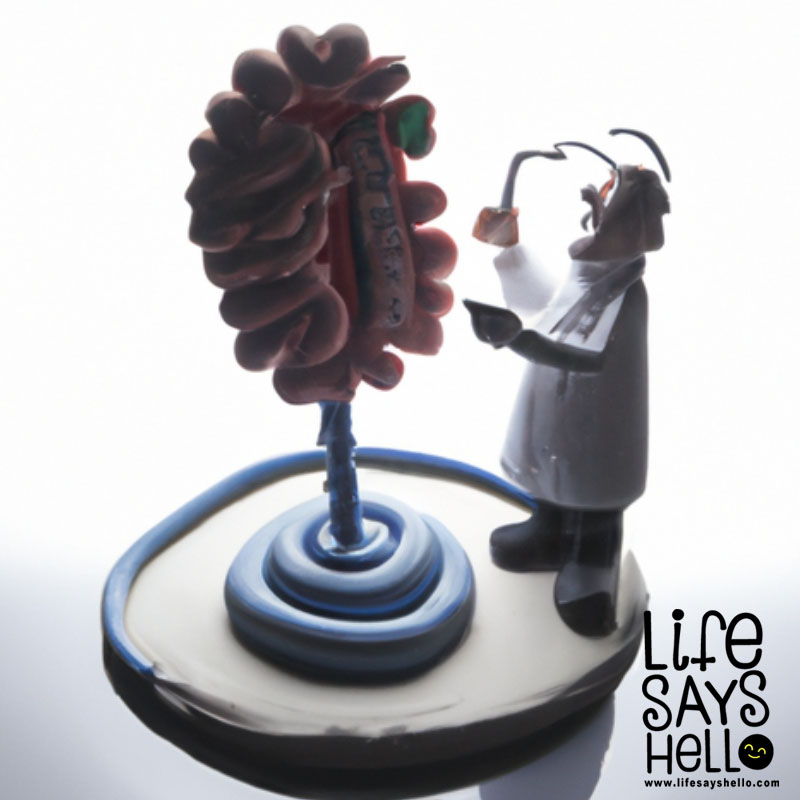Why Am I Always So Cold? 11 Possible Reasons You Can't Get Warm

Do you constantly feel chilled to the bone? Are you shivering when everyone else is comfortable? Being cold all the time could be a sign of an underlying health condition.
Read on to learn about 11 potential causes of chronic coldness, plus tips to help you stay cozy and warm.
1. You May Have Anemia
Feeling cold frequently is one of the most common symptoms of anemia. This condition means your body doesn't have enough healthy red blood cells to carry oxygen throughout your body.
Without sufficient oxygen reaching your tissues, you can feel weak, tired, and cold even in warm environments. Anemia has many causes, including iron or vitamin deficiency, blood loss, and certain diseases that affect red blood cell production.
If you have unexplained coldness along with fatigue, pale skin, dizziness, or shortness of breath, see your doctor for an anemia screening. Treating the underlying cause can help resolve your symptoms.
2. Your Thyroid Could Be Underactive
Hypothyroidism, or an underactive thyroid, develops when your thyroid gland doesn't produce enough thyroid hormone. This key hormone regulates your metabolism.
When thyroid levels are low, your metabolism slows down. This can lower your body temperature and make you feel chronically chilled.
Other hypothyroidism symptoms include unexplained weight gain, dry skin, hair loss, muscle weakness, fatigue, and depression. If you have persistent cold sensitivity along with these other signs, ask your doctor to check your thyroid hormone levels via a simple blood test.
Hypothyroidism can be treated with synthetic thyroid hormone medication to restore normal levels.
3. You May Have Lost Body Fat
Both fat and muscle help insulate your body and maintain a healthy temperature. If you've recently experienced significant weight loss from dieting, illness, or over-exercising, you may have less insulation keeping you warm.
Likewise, some naturally thin people simply have less body fat and muscle. Without this natural warmth, they tend to feel colder than the average person, especially in cool environments.
Focus on maintaining a healthy weight through balanced nutrition and moderate activity. Wear extra layers and keep your environment a bit warmer to stay comfortable.
4. Dehydration Makes You Chill Easily
When you're dehydrated, meaning your body lacks sufficient fluid, it tries to conserve resources and energy. This causes a slight drop in body temperature that can leave you feeling chilled.
Even mild dehydration of just 1-2% fluid loss can make you more sensitive to cooler environments. Make sure you're drinking enough water throughout the day. Aim for the recommended daily intake of around 2 liters for women and 3 liters for men.
5. You May Have a Vitamin Deficiency
Certain vitamin deficiencies can disrupt your body's temperature regulation. Not getting enough vitamins B12 or D can cause anemia and frequent coldness.
A vitamin C deficiency can also make you more prone to feeling chilly. Make sure your diet includes good sources of these essential vitamins. Taking a daily multivitamin can help fill any nutritional gaps.
See your doctor if you think poor nutrition may be causing your cold sensitivity. A simple blood test can reveal vitamin deficiencies.
6. Blood Sugar Imbalances Can Cause Chills
Frequent shivering or cold sensations, especially at night, could signal a blood sugar problem like hypoglycemia (low blood sugar).
When glucose levels drop too low, it triggers your sympathetic nervous system. This prepares your body for an emergency by raising heart rate and constricting blood vessels.
Constricted vessels reduce blood flow to your skin, which makes you feel cold. See your doctor if you have recurring cold, shaky spells to determine if dysregulated blood sugar is the culprit.
7. Some Medications Can Make You Cold
Certain prescription drugs like beta blockers and antidepressants can affect body temperature regulation. Beta blockers lower blood pressure by slowing heart rate. This also slows circulation, making your extremities feel cold.
Some antidepressants like SSRIs can cause abnormal decreases in core body temperature. Always check medication side effects with your doctor and pharmacist. You may need to switch drugs or lower the dosage if coldness becomes intolerable.
8. Not Enough Sleep Can Leave You Chilled
Failing to get adequate sleep disrupts your body's natural temperature rhythms. When you're sleep deprived, your body can't regulate its internal thermostat as efficiently.
Lack of sleep is linked with a drop in core body temperature. This makes you feel colder than normal, especially in your extremities like hands and feet.
Aim for 7-9 hours of quality sleep per night. Maintain a regular sleep-wake cycle and limit blue light exposure before bed to support healthy sleep. This can help normalize your body temperature regulation.
9. You May Be More Sensitive to Cold as You Age
Many older adults complain of feeling chilly even when younger people are comfortable. As we age, we gradually lose some of the body fat that helps insulate us and retain warmth.
Women also lose heat-generating estrogen after menopause. Seniors have a harder time constricting blood vessels to prevent heat loss. This combination makes seniors more prone to getting cold.
Wear extra layers and keep your home a little warmer. Use blankets and stay active to generate body heat. Report persistent coldness to your doctor to rule out age-related thyroid or circulation issues.
10. Recent Diet and Exercise Changes Can Make You Cold
Starting a new diet, especially one very low in calories or carbs, causes your body to burn fat for fuel. This fat loss can reduce your natural insulation against the cold.
Increasing exercise and activity levels also makes your body burn extra calories. This can outpace your body's heat production, leaving you feeling chilled post-workout.
Allow your body time to adjust to a new diet or exercise plan. Ease into calorie deficits. Refuel properly after exercise. Your temperature regulation should adapt within a few weeks.
11. You Might Have Raynaud's Disease
Raynaud's disease causes the small blood vessels in your fingers and toes to overreact to cold temperatures. Vessels abruptly constrict, limiting blood supply to the extremities. This makes your digits feel ice-cold and change color.
Raynaud's attacks also happen in response to stress or strong emotions. See your doctor if you have recurrent coldness, numbness, and blanching color changes in your hands and feet.
Lifestyle changes can help reduce Raynaud's flare-ups. Avoid smoking, limit caffeine, manage stress, and stay warm. Medications may also be prescribed in severe cases.
Tips for Staying Warm When You're Always Cold
If you frequently feel chilled, even indoors, try these practical tips to help your body hold onto precious heat:
Dress in layers - Trapping body heat is the key to staying warm. Wear multiple loose, lightweight layers you can add or remove as needed. Choose moisture-wicking base layers, warm mid-layers like wool or fleece, and wind/water-resistant outer layers.
Drink warm beverages - Sipping something hot like herbal tea, broth, or warmed milk can gently raise your core temperature. Avoid caffeine, which can exacerbate coldness.
Exercise regularly - Physical activity boosts circulation and gets your blood pumping. This generates more internal body heat. Even light exercise like walking helps.
Eat warming foods and meals - Choose hot soups and stews, oatmeal, and other heated foods. Spicy seasonings like ginger, garlic, and chile pepper can also make you feel warmer.
Use extra blankets - Whether you're on the couch or bed, layering with blankets traps your body heat. Choose wool or fleece for best insulation.
Keep your feet warm - Your feet contain many receptors that control body temperature. Wearing socks, slippers, or boots keeps feet insulated against cold floors.
Practice deep breathing - When you feel a chill, take slow, deep belly breaths. Inhaling deeply and exhaling fully helps circulate oxygen and warmth.
Use your oven for extra warmth - On cold days, turn your oven on while cooking or baking. Leave the door open afterwards so residual heat can warm your kitchen.
Stay hydrated - Drinking enough water supports healthy circulation and body temperature regulation. Dehydration exacerbates coldness.
Tips for Staying Warm in Bed
Do you shiver when trying to sleep at night? Use these strategies to stay cozy and warm under the covers:
Take a hot shower - A steamy shower before bed dilates blood vessels and boosts circulation. This retains warmth once you're under the blankets.
Use a space heater - Position a small space heater near your bed to take the chill out of a cold room before you sleep.
Wear layers to bed - Put on warm socks, long sleeves, pants, and a hat or headband. Layer blankets for extra insulation.
Eat a warm dinner - A hot, nourishing dinner like chili or soup raises your core temp for better sleep.
Use a hot water bottle - Filled with heated water and placed at your feet, these old-fashioned devices really work!
Get a sleeping bag liner - For extra warmth, zip yourself inside a sleeping bag liner inside your blankets.
Wear a hat - You lose a lot of heat through your head. Keeping it covered retains warmth.
Use a Nalgene bottle heater - Fill a water bottle with hot water and tuck it inside your blankets as a DIY warmer.
Stay hydrated - Drink enough fluid during the day to support healthy circulation at night.
With these tips, you can create a warm, cozy sleep environment and finally get some restful shut-eye.
Know When to See a Doctor
If you're always cold despite your best efforts to stay warm, talk to your doctor. Unrelenting chilliness or cold extremities can signal:
- Anemia
- Hypothyroidism
- Diabetes
- Circulation problems
- Autoimmune disorders
- Vitamin deficiencies
- Menopause
Don't ignore persistent coldness, especially if you also experience excessive fatigue, unexplained weight changes, numbness in your fingers/toes, or changes in skin color. Proper diagnosis and treatment can help resolve the coldness and related symptoms.
The Bottom Line
Feeling extra sensitive to chilly temperatures could be due to lifestyle factors like poor sleep and hydration. Often, however, it signals an underlying medical condition.
Don't hesitate to see your doctor if you're always cold. In the meantime, stay warm by dressing in layers, sipping hot drinks, using blankets, and keeping your environment cozy. With the right strategies, you can avoid shivering and finally feel comfortable in your own skin.
If chilling, numbness, or bluish skin persist despite your best efforts, seek medical advice promptly. Catching the cause early makes treatment easier.
With an accurate diagnosis and proper care, you can get to the root of your temperature regulation issues. This will help you stay warm and energetic so you can fully participate in all of life’s activities.
Don't resign yourself to a life of shivering - take action to identify the source and find relief. Here's to staying cozy and comfortable no matter the weather outside!




Comments